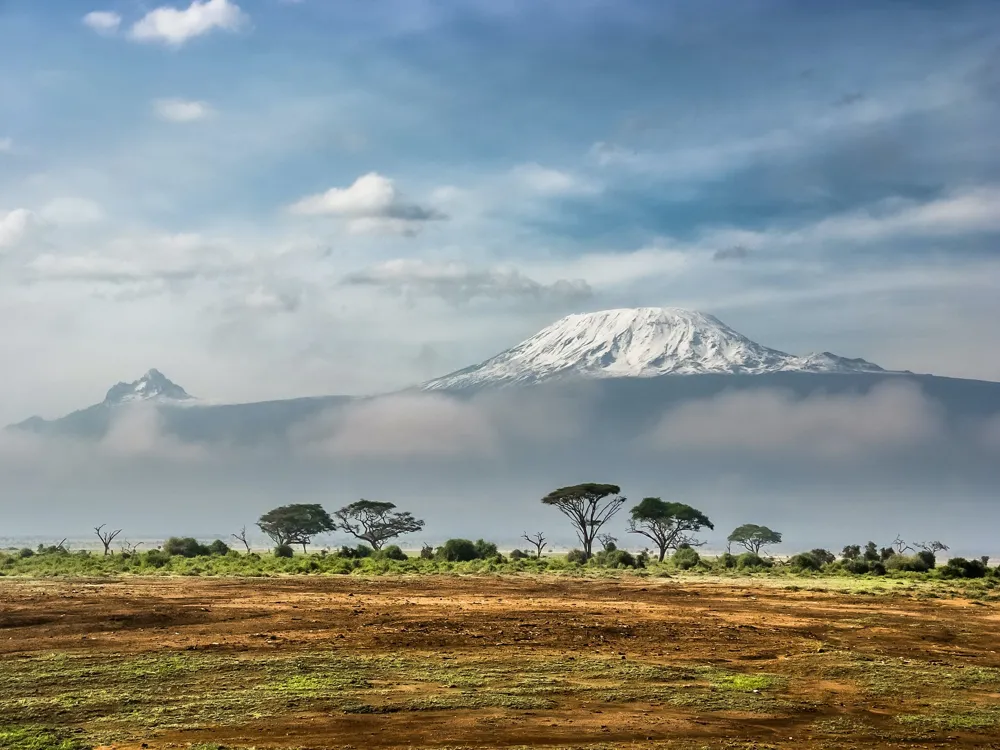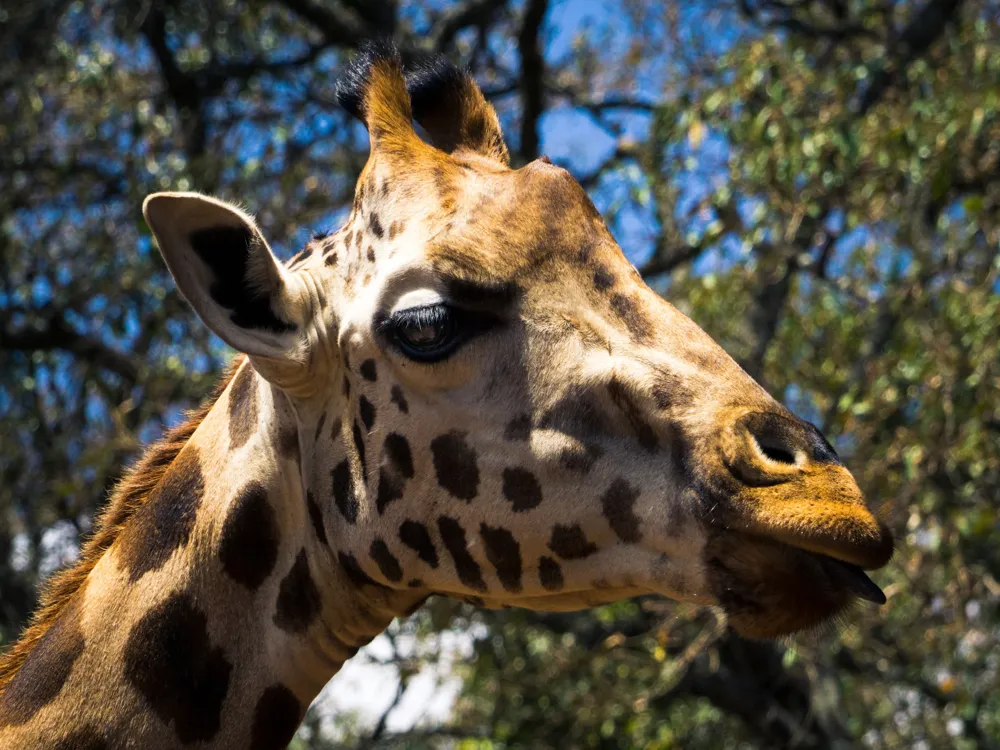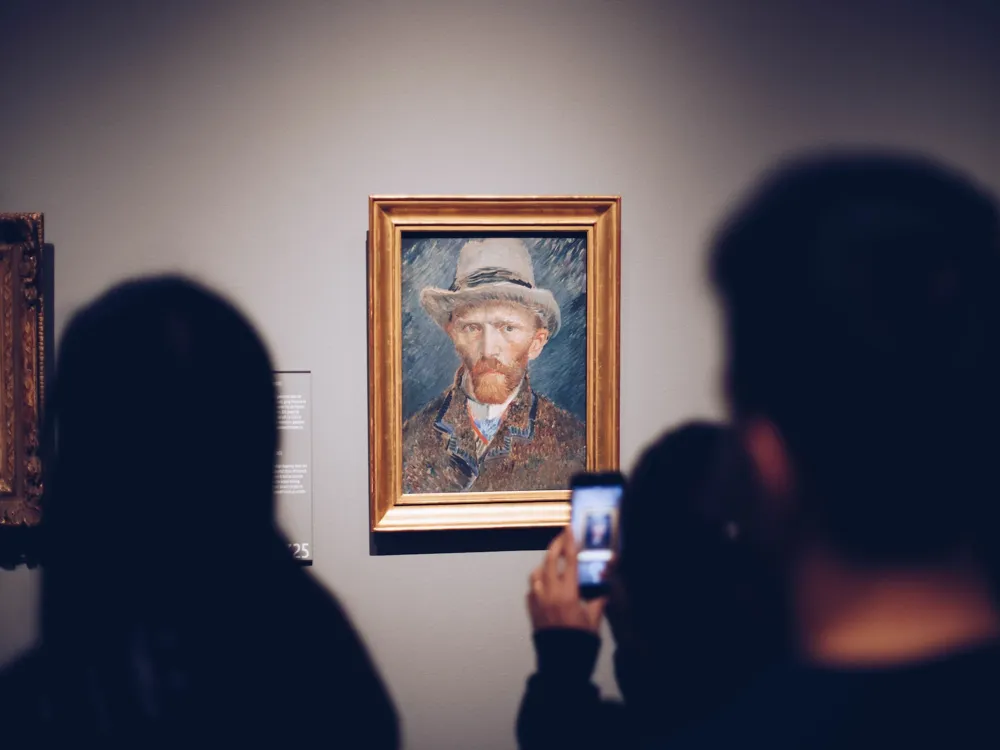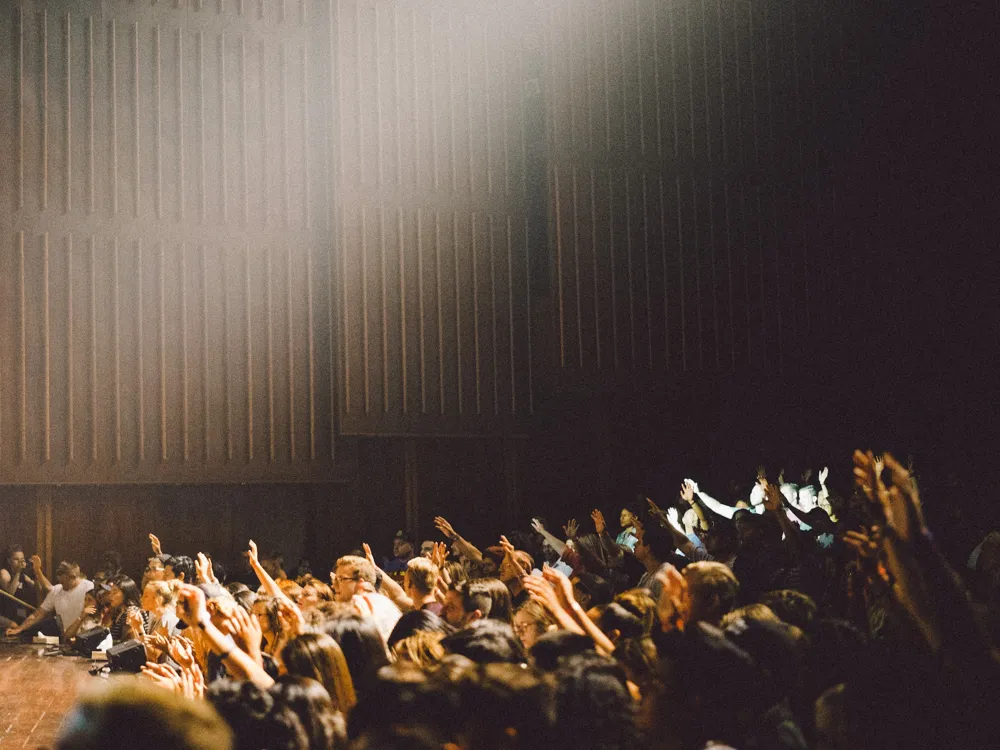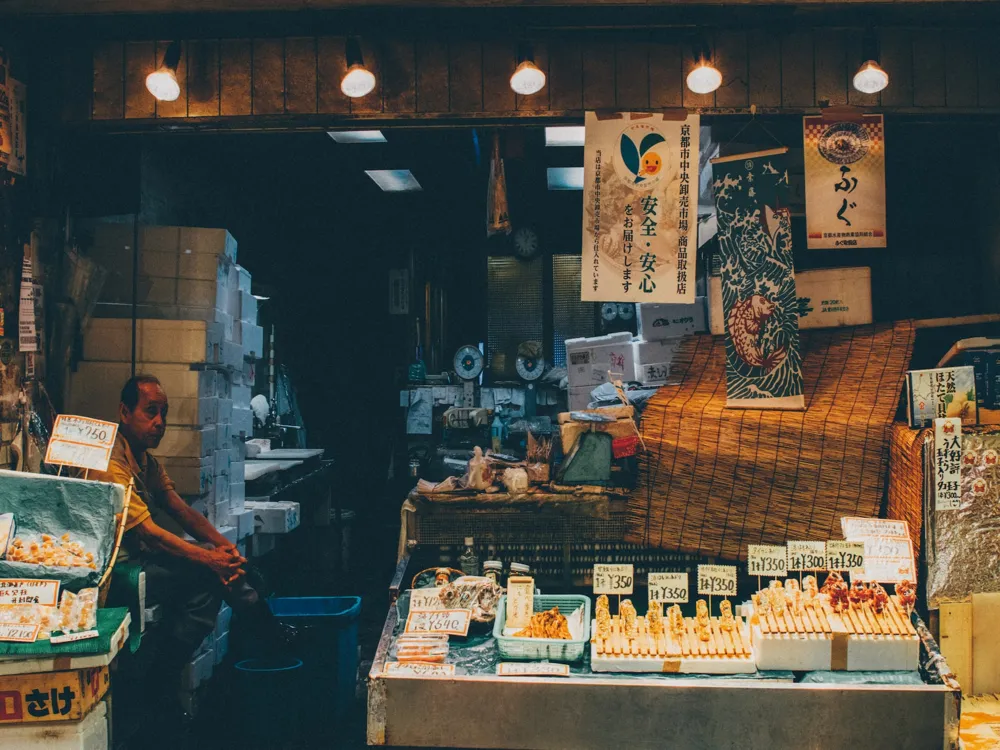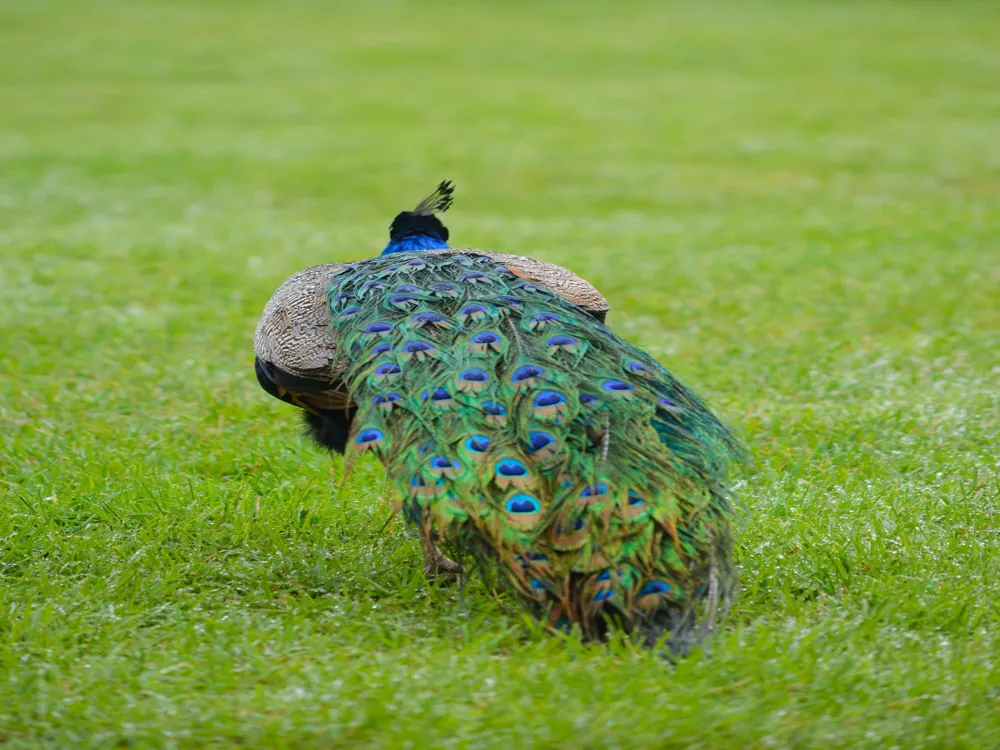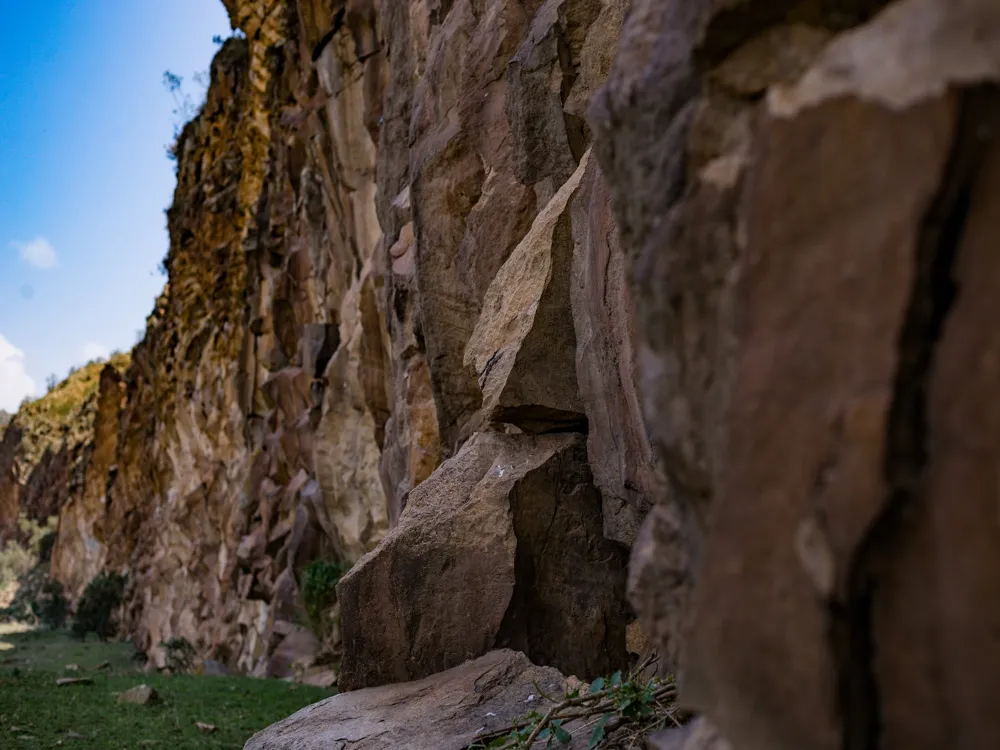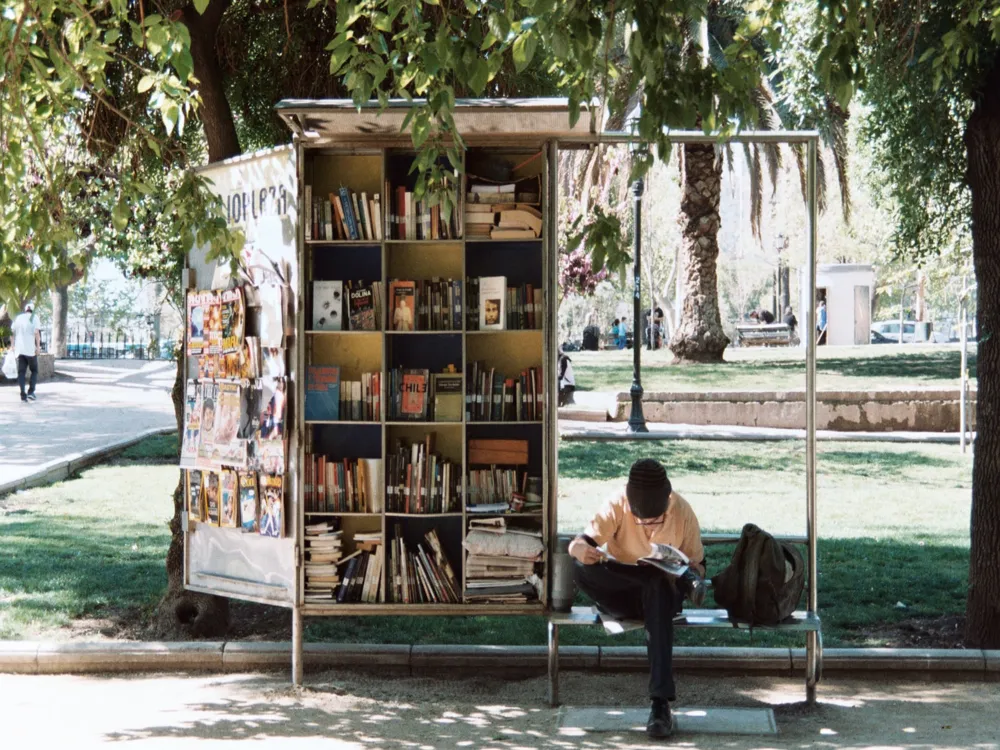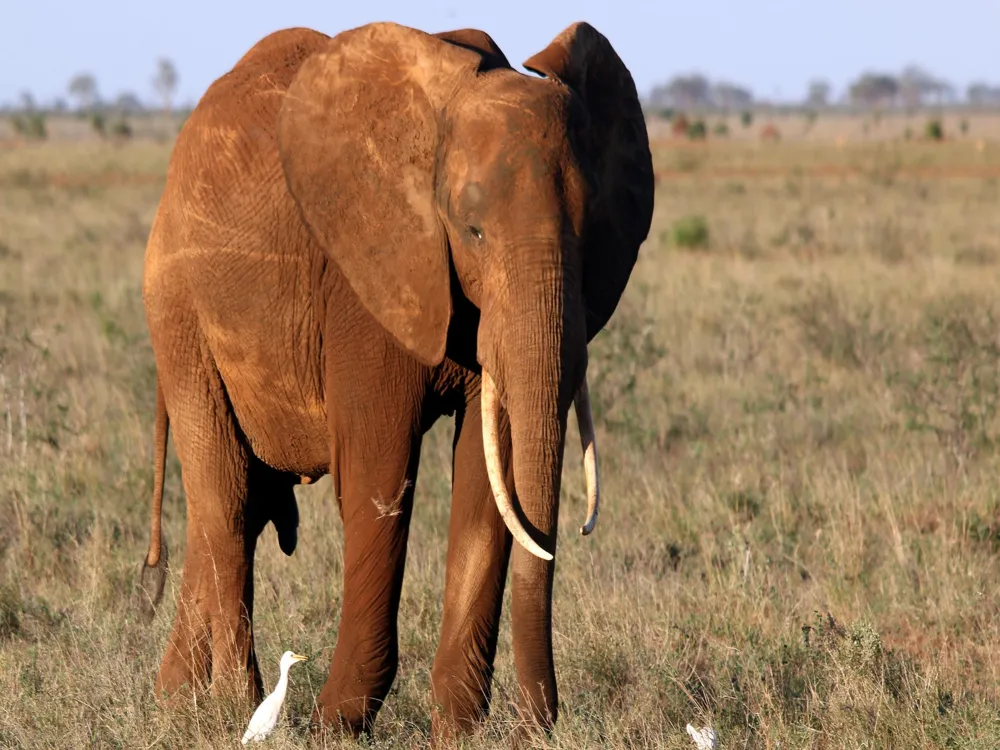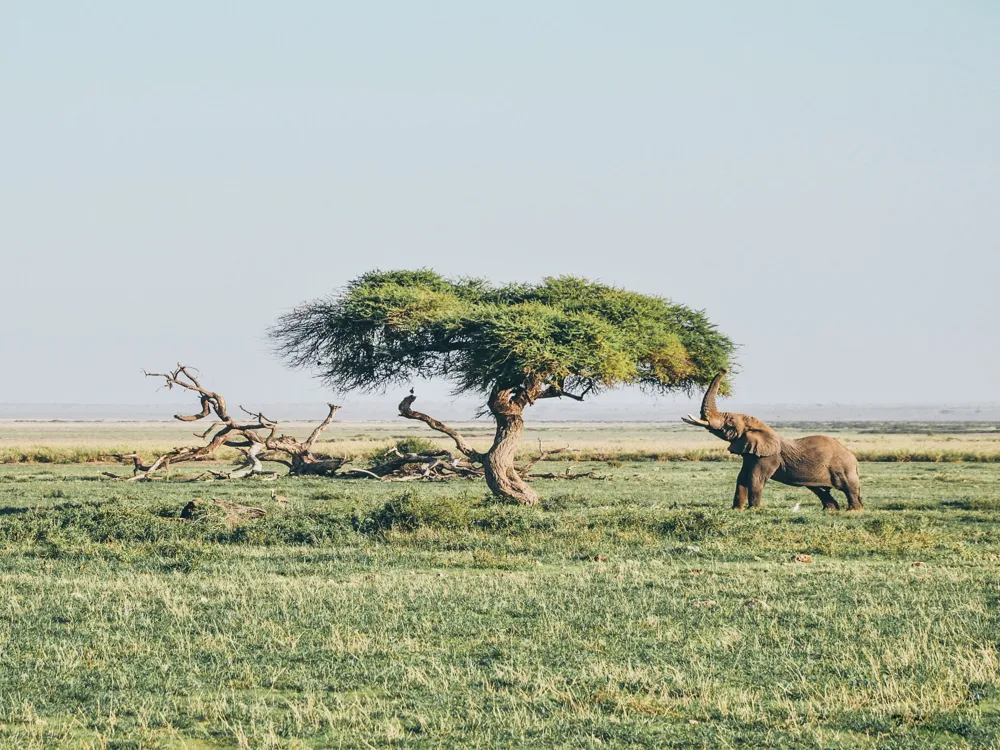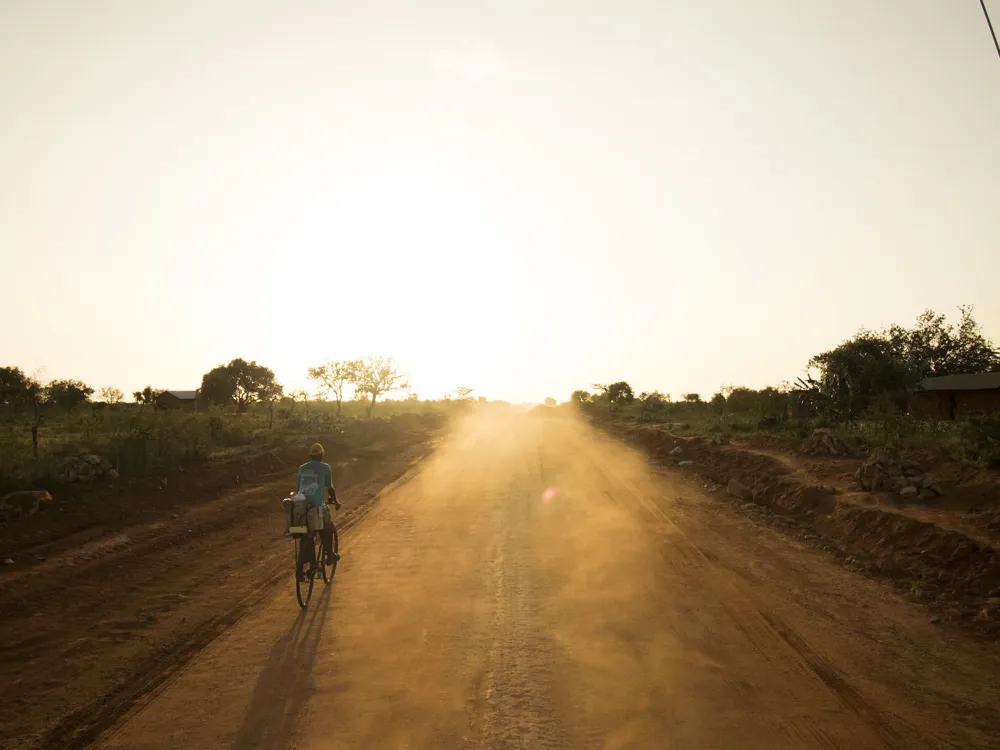Nestled in the vibrant heart of Nairobi, the Maasai Market stands as a colorful and bustling hub of Kenyan culture and craftsmanship. This open-air market, which travels to different locations in the city on different days, is not just a shopping destination but a sensory and cultural experience. It's named after the Maasai people, known for their distinctive customs and dress, and the market reflects this rich heritage. The Maasai Market offers an array of handcrafted goods, ranging from intricate beaded jewelry, vibrant Masai blankets, and unique carvings, to traditional clothing and accessories. Each item tells a story of the Kenyan culture, meticulously crafted by local artisans. These artisans, often seen working on their crafts at their stalls, bring together the traditional and contemporary styles, showcasing the dynamic nature of Kenyan art. The market's history is intertwined with the Maasai people's legacy, reflecting their nomadic lifestyle and artistic expressions. It has evolved from a small gathering of local artisans to a significant tourist attraction and a platform for local artisans to showcase their work. The bustling atmosphere, the array of colors, the aroma of local cuisine, and the sounds of traditional music create a lively and immersive experience, attracting both locals and tourists alike. The Maasai Market is more than a place to shop; it's a venue to connect with the Kenyan culture, understand its people's creativity, and appreciate the talent and hard work that goes into every piece. Whether you're looking for souvenirs, gifts, or just a memorable experience, the Maasai Market is a must-visit destination in Nairobi. The architecture of the Maasai Market in Nairobi is a fascinating blend of traditional and functional design. Unlike conventional markets with permanent structures, the Maasai Market's unique feature is its mobility and adaptability. The market is set up in different locations throughout the week, each offering a different architectural backdrop, ranging from modern urban settings to more open, natural spaces. The stalls themselves are a sight to behold. Artisans use locally sourced materials to set up their spaces, giving each stall a unique, organic feel. The use of vibrant colors in the stall designs reflects the rich palette of the Maasai culture. Fabrics in reds, blues, and yellows drape over the stalls, creating a tapestry of color that stands in stark contrast to the urban environment of Nairobi. The market's layout is designed to encourage exploration and interaction. Narrow pathways snake between the stalls, inviting visitors to meander and discover. This layout, while seemingly random, is a deliberate design that reflects the communal nature of African markets, where social interaction is as important as the commerce taking place. In essence, the architecture of the Maasai Market is not just about the physical structures but the atmosphere it creates. It's a melting pot of sights, sounds, and smells - a vibrant showcase of Kenyan culture and ingenuity. The market's design speaks to the adaptability and creativity of the Kenyan people, making it a unique architectural experience in Nairobi. Respect for local customs and traditions is vital. Greet artisans warmly and show interest in their craft. Bargaining is expected, but do it respectfully. Understanding a bit of Swahili can also enhance your interaction with the vendors. Dress comfortably and modestly. Light, breathable clothing is recommended due to Nairobi's climate. Comfortable walking shoes are a must as you will be on your feet exploring the market. Cash is king at the Maasai Market. While some vendors might accept credit cards, carrying local currency (Kenyan Shillings) in smaller denominations helps in easier transactions and bargaining. Like any busy market, it's important to be aware of your surroundings. Keep your belongings secure and be cautious of pickpockets. It's also advisable to visit the market in groups or with a local guide. Always ask for permission before taking photos, especially of people. Some vendors may request a small fee for photographs. Remember, respecting the local culture and privacy is paramount. The Maasai Market's location changes throughout the week, so it's important to check its current location. Common spots include the High Court parking lot in the city center on Saturdays, and the Village Market in Gigiri on Fridays. Public transport, such as matatus (local minibuses) and taxis, are readily available in Nairobi. For convenience and safety, using a taxi or a ride-hailing app like Uber or Bolt is recommended. If you're staying at a hotel, ask the concierge for the best transportation options to the market's location on that day. Read More:Overview of Maasai Market in Nairobi
Architecture of Maasai Market
Tips When Visiting Maasai Market
Understanding Local Customs
What to Wear
Payment Tips
Stay Vigilant
Photography Etiquette
How To Reach Maasai Market
Masaai Market
Nairobi
₹ 62,783 onwards
View nairobi Packages
Weather :
Tags : Shopping
Timings : 9AM-6PM
Entry Fee : N/A
Planning a Trip? Ask Your Question
Nairobi Travel Packages
View All Packages For Nairobi
Top Hotel Collections for Nairobi

Private Pool

Luxury Hotels

5-Star Hotels

Pet Friendly
Top Hotels Near Nairobi
Other Top Ranking Places In Nairobi
View All Places To Visit In nairobi
View nairobi Packages
Weather :
Tags : Shopping
Timings : 9AM-6PM
Entry Fee : N/A
Planning a Trip? Ask Your Question
Nairobi Travel Packages
View All Packages For Nairobi
Top Hotel Collections for Nairobi

Private Pool

Luxury Hotels

5-Star Hotels

Pet Friendly







